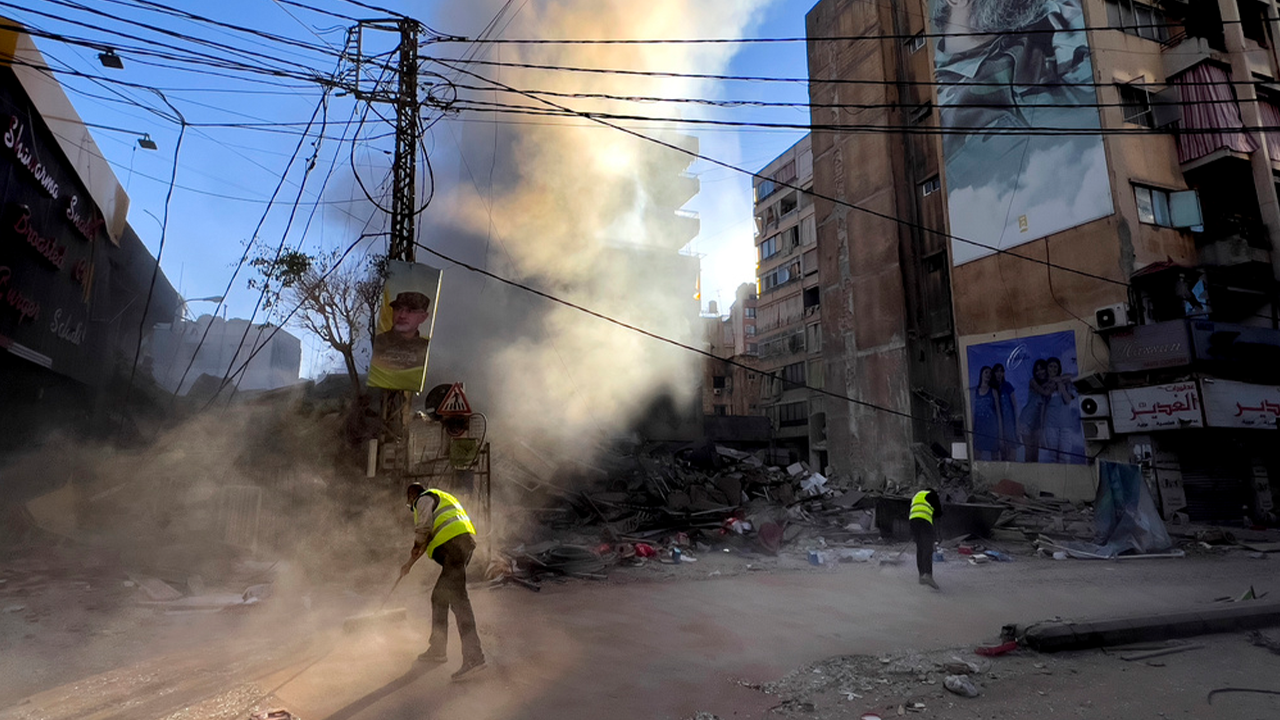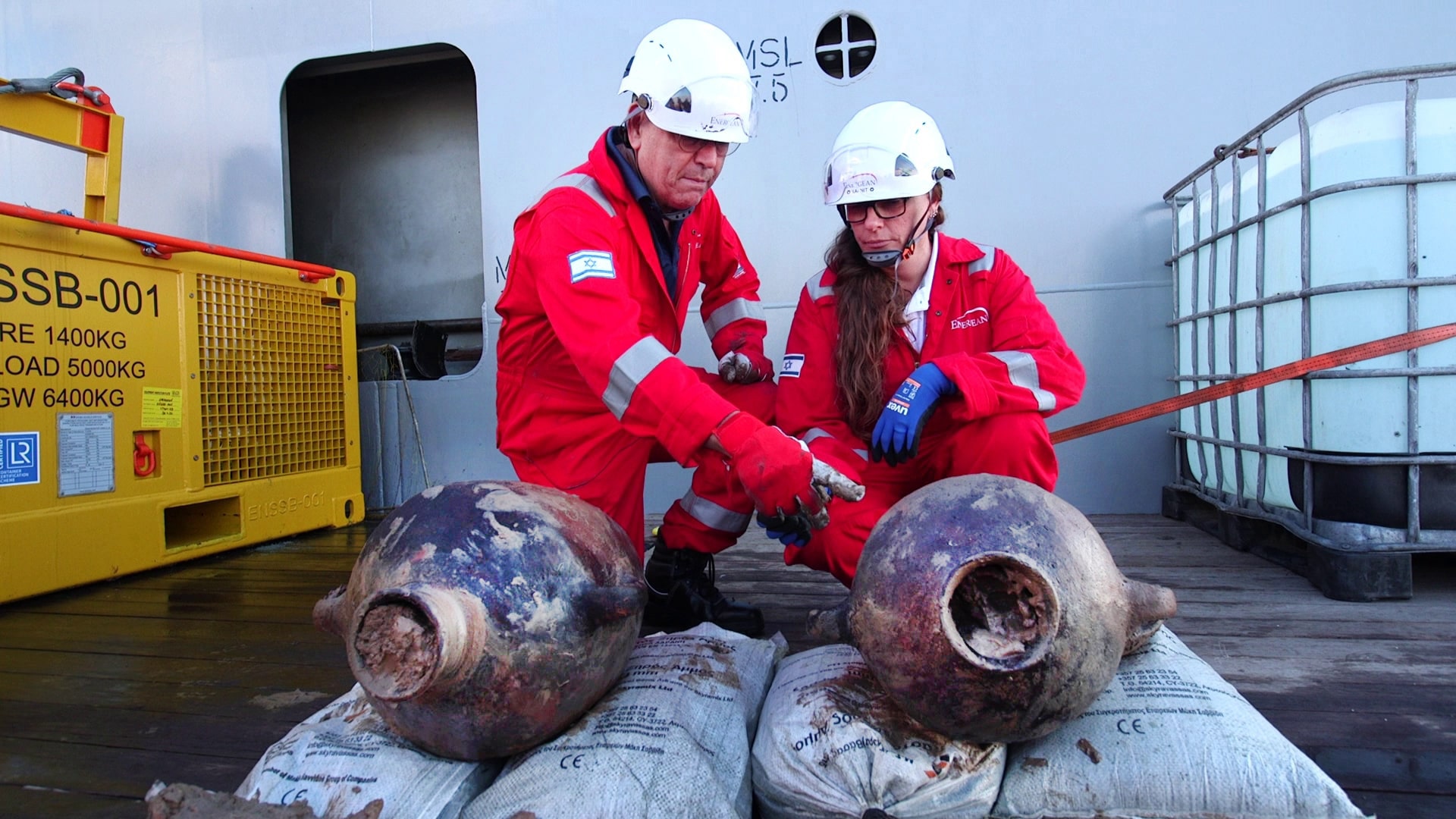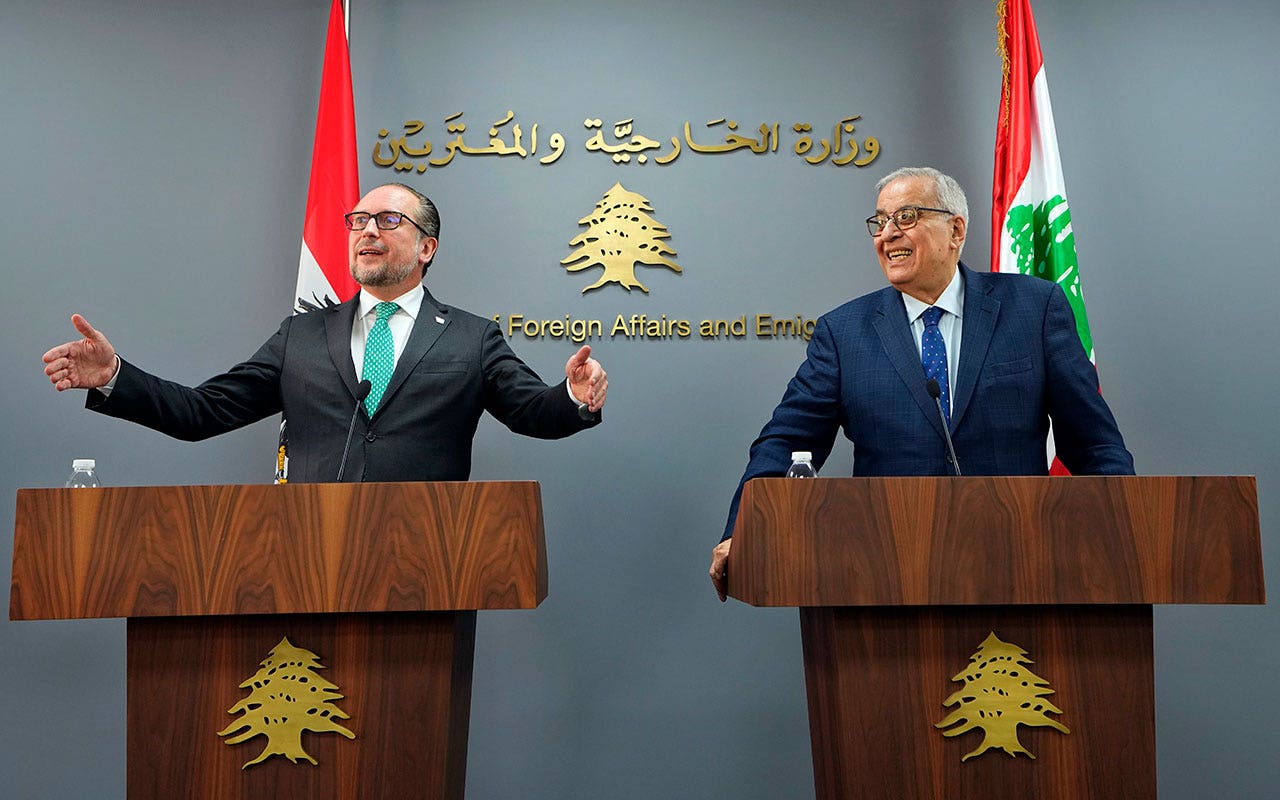I had two thoughts on Friday as I listened to the chief judge of the International Court of Justice tell Israel to halt its military offensive in Rafah, the city in southern Gaza to which more than a million displaced people fled earlier in the conflict.
The first was that the court’s ruling was unusually forceful: the judge said Israel “must halt” its military offensive in Rafah “immediately.” Many observers had not expected the court to issue such a direct order because it has no jurisdiction to impose similar requirements on Hamas, Israel’s opponent in the war.
My second thought was that the court’s use of punctuation was definitely going to provoke debate. Here’s the key part of the ruling:
The State of Israel shall, in conformity with its obligations under the Convention on the Prevention and Punishment of the Crime of Genocide, and in view of the worsening conditions of life faced by civilians in the Rafah Governorate:
Immediately halt its military offensive, and any other action in the Rafah Governorate, which may inflict on the Palestinian group in Gaza conditions of life that could bring about its physical destruction in whole or in part.
Sure enough, for several days some legal scholars have been arguing about whether the clause that begins “which may inflict” might put conditions on the order to “immediately halt.”
Has Israel been told to halt its offensive, or to do so only if that offensive is about to partly or completely destroy Palestinians as a group?
In some ways, the debate is a distraction. There is a substantial consensus among legal experts that Israel cannot continue its current offensive in Rafah without violating the court’s order. Five leading legal scholars I contacted said the order was clear on that point, and more said the same in interviews and social media posts online. (“The current offensive as currently planned and executed is prohibited under any reading,” wrote Adil Haque, an international law expert at Rutgers University. “This sentence means Israel must halt its current military offensive in Rafah,” wrote Janina Dill, the co-director of the Oxford Institute for Ethics, Law, and Armed Conflict.)
An earlier paragraph of the order offered vital context, these experts pointed out, and clearly explained the urgency of the court’s intervention:
“On the basis of the information before it, the Court is not convinced that the evacuation efforts and related measures that Israel affirms to have undertaken to enhance the security of civilians in the Gaza Strip, and in particular those recently displaced from the Rafah Governorate, are sufficient to alleviate the immense risk to which the Palestinian population is exposed as a result of the military offensive in Rafah.”
That, the court went on to explain, was the reason for the new order. Notice the use of the word “current” here: “The Court finds that the current situation arising from Israel’s military offensive in Rafah entails a further risk” to the rights of Palestinians in Gaza, the order says.
There is a wider range of disagreement about what Israel could legally do instead. But that is not immediately relevant, because all indications are that Israel is continuing the current offensive despite the court’s instructions to stop.
How did we get here?
To recap: Friday’s order was an interim decision in a case that South Africa filed in December, alleging that Israel’s military actions in Gaza violate the 1948 Genocide Convention. The court can only rule on Israel’s behavior, not that of Hamas, because Hamas is neither a state nor a party to the genocide convention. Israel has categorically denied that it is committing genocide.
A decision on the merits of the case is probably years away. In the meantime, the court has issued a series of “provisional measures” — essentially temporary injunctions — ordering Israel to proactively ensure genocide doesn’t occur while the broader case is pending.
The first, issued in January, ordered Israel to refrain from genocidal acts, to prevent and punish incitement and to enable the provision of humanitarian assistance. A subsequent order in March added a requirement that Israel take “all necessary and effective measures” to ensure the delivery of humanitarian aid “at scale.”
In early May, after Israel began its military operation in Rafah, South Africa urgently requested new provisional measures, arguing that the Rafah incursion would cause “irreparable harm to the rights of the Palestinian people in Gaza.” On Friday, by a majority of 13 to 2, the court’s judges found that the risks to civilians warned of in previous orders had now materialized, and that the situation had become “disastrous.”
“Israel has not provided sufficient information concerning the safety of the population during the evacuation process,” the court found, “or the availability in the Al-Mawasi area of the necessary amount of water, sanitation, food, medicine and shelter for the 800,000 Palestinians that have evacuated thus far.” (Al-Mawasi is a coastal area in Gaza to which many of the civilians in Rafah had been displaced.)
That created a risk of “irreparable prejudice to the plausible rights claimed by South Africa,” the court found, and so it ordered Israel to halt its military offensive in Rafah. It also ordered Israel to keep the Rafah crossing on the border with Egypt open “at scale” for the provision of humanitarian aid, and to allow U.N.-mandated investigators access to Gaza.
One order, two commas, many opinions
Some experts have noted that when the I.C.J. ordered Russia to halt its war in Ukraine in March 2022, the wording was more direct: “The Russian Federation shall immediately suspend the military operations that it commenced on 24 February 2022 in the territory of Ukraine,” that provisional measures order stated. (In that case, the ruling was also 13 to 2.)
So why would the court be even slightly ambiguous in this case? It may have been intentional, said Yuval Shany, an international law professor at Hebrew University in Jerusalem. Perhaps the vague language helped convince more judges to sign the order, he said, even if they did not all agree on a single interpretation of its meaning. There is actually a term for that phenomenon in international law, Shany noted. The term “constructive ambiguity” refers to when “you’re not able to actually reach a consensus formulation, so you use language that everyone can live with,” he said.
It might have been easier to convince a majority to agree to the unambiguous order in the Russia case, which followed the invasion of Ukraine, because invading another state’s territory is barred by international law. By contrast, Israel’s military operations came in response to Hamas’s attack on Israeli soil last October. Using force in self-defense is allowed under international law, though it is still subject to other laws of war and the prohibitions on genocide and other crimes.
Three of the judges who joined the majority in last week’s decision wrote separately to explain their interpretation of the order. Each indicated that there would be some circumstances in which certain types of military operations could continue: if the operations did not “inflict on the Palestinian group in Gaza conditions of life that could bring about its physical destruction in whole or in part” (Judge Bogdan Aurescu); if they did not prevent the provision of urgently needed basic services and humanitarian assistance (Judge Georg Nolte); or if they were limited to “defensive operations to repel specific attacks,” carried out in accordance with international law (Judge Dire Tladi).
But none appeared to say that the operation could continue in its current form — and Judge Tladi explicitly ruled that out.
“What would not be consistent is the continuation of the offensive military operation in Rafah, and elsewhere,” he wrote.
All of the experts I spoke to agreed that the order prohibited Israel from continuing its current operation in Rafah, but believed it allowed for Israel to take more limited defensive actions in the city in response to attacks from Hamas.
Pierre d’Argent, a professor at the University of Louvain in Belgium, initially appeared to take a relatively restrictive view of the court’s order in his posts on social media, where he argued that the court had ordered Israel only “to change course in its military operations, not to stop them all together in Rafah.”
But when I reached out to him, d’Argent told me via email that in fact “the issue is rather straightforward,” and that in his view Israel could not continue its current military operation.
“Since the court’s concern is the worsening humanitarian situation, aid cannot be distributed if the military operations continue as they are,” he said. “They must therefore cease as such (i.e. as they are currently being conducted), but the court is not prohibiting all military action in Rafah.”
Stefan Talmon, a professor of international law at the University of Bonn in Germany, said in an interview with Der Spiegel, a German newspaper, that the order only allowed for the military operation to continue if Israel ensured the civilian population could be supplied with food, water, and medicine. However, he believed that would be difficult to implement in practice. In effect, therefore, the offensive had to be halted.
Michael Becker, a law professor at Trinity College, Dublin, had a more categorical interpretation. “I interpret this language to mean the military offensive in Rafah needs to be halted, period,” he said. The order’s discussion of the worsening humanitarian disaster makes clear that the current military offensive “already creates a situation that may inflict on the Palestinian group in Gaza, conditions of life that could bring about its physical destruction in whole or in part,” he added.
Oona Hathaway, a law professor at Yale University, agreed. “The urgent request for additional provisional measures was in light of what was happening right then,” in the unfolding assault on Rafah, she said. “It just seems implausible that what the court meant was that it didn’t see that there was anything of concern, at present.”
The two judges who did not join the opinion also had narrow interpretations of what it required. Judge Aharon Barak wrote that the order mandated a halt to Israel’s operations in Rafah “only insofar as is necessary to protect the Palestinian group in Gaza” from possible genocide, and that Israel was already under that obligation. Judge Julia Sebutinde wrote that the order did not “entirely prohibit” Israel from operating in Rafah, but partially restricted the offensive “to the extent it implicates rights under the Genocide Convention.”
Israel has denied that its operation in Rafah risks the destruction of the Palestinian civilian population in Gaza.
“Israel has not and will not conduct military actions in the Rafah area which may inflict on the Palestinian civilian population in Gaza conditions of life that could bring about its physical destruction in whole or in part,” the head of the Israeli National Security Council and the spokesperson of the Israeli Ministry of Foreign Affairs said in a joint statement on Friday. (The Israeli military and Ministry of Defense did not respond to my request for comment.)
Overtaken by events
Even as legal scholars have pondered the semantics of the court’s order, the situation in Rafah has already moved on.
“In some ways, this debate among academics and the broader public about the precise contours of the I.C.J. order has been superseded by the weekend’s events,” Becker, the professor at Trinity College, Dublin, said, referring to an Israeli strike in Rafah on Sunday that killed at least 45 people, including children, and wounded 249.
“I think that the nature of what has happened in Rafah over the weekend demonstrates exactly the type of risk that the I.C.J. order was intended to prevent, under either reading,” he added.






